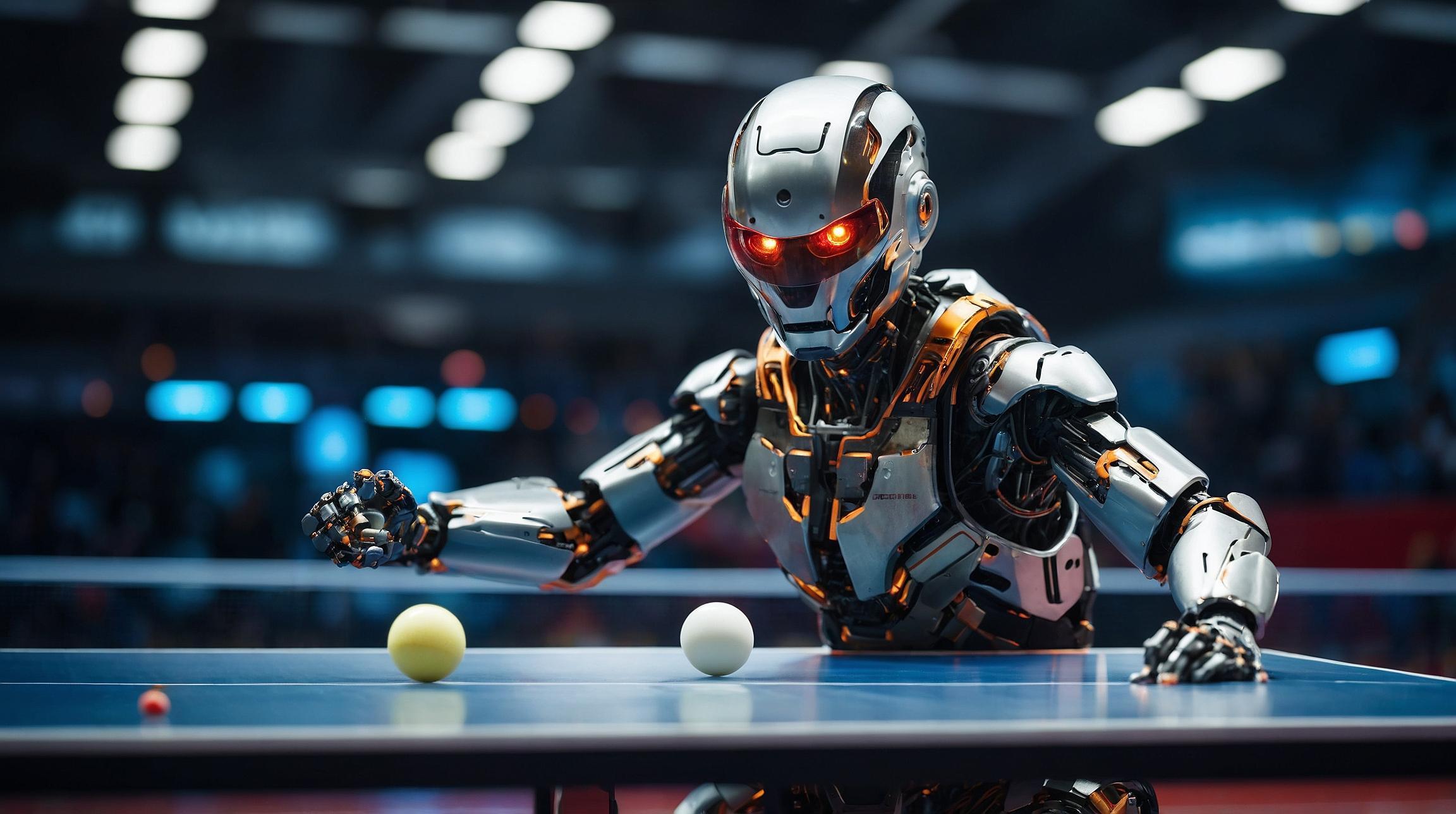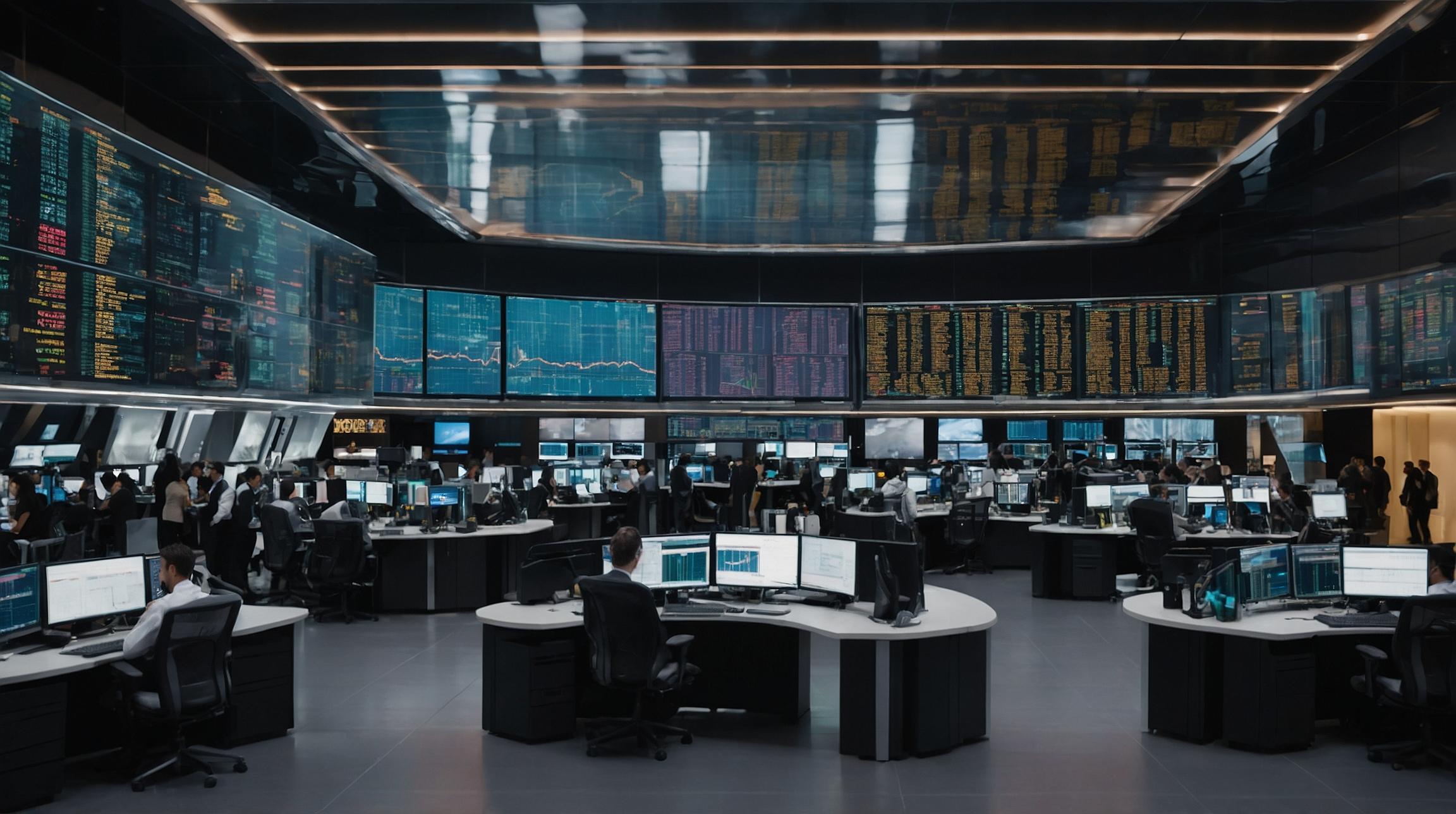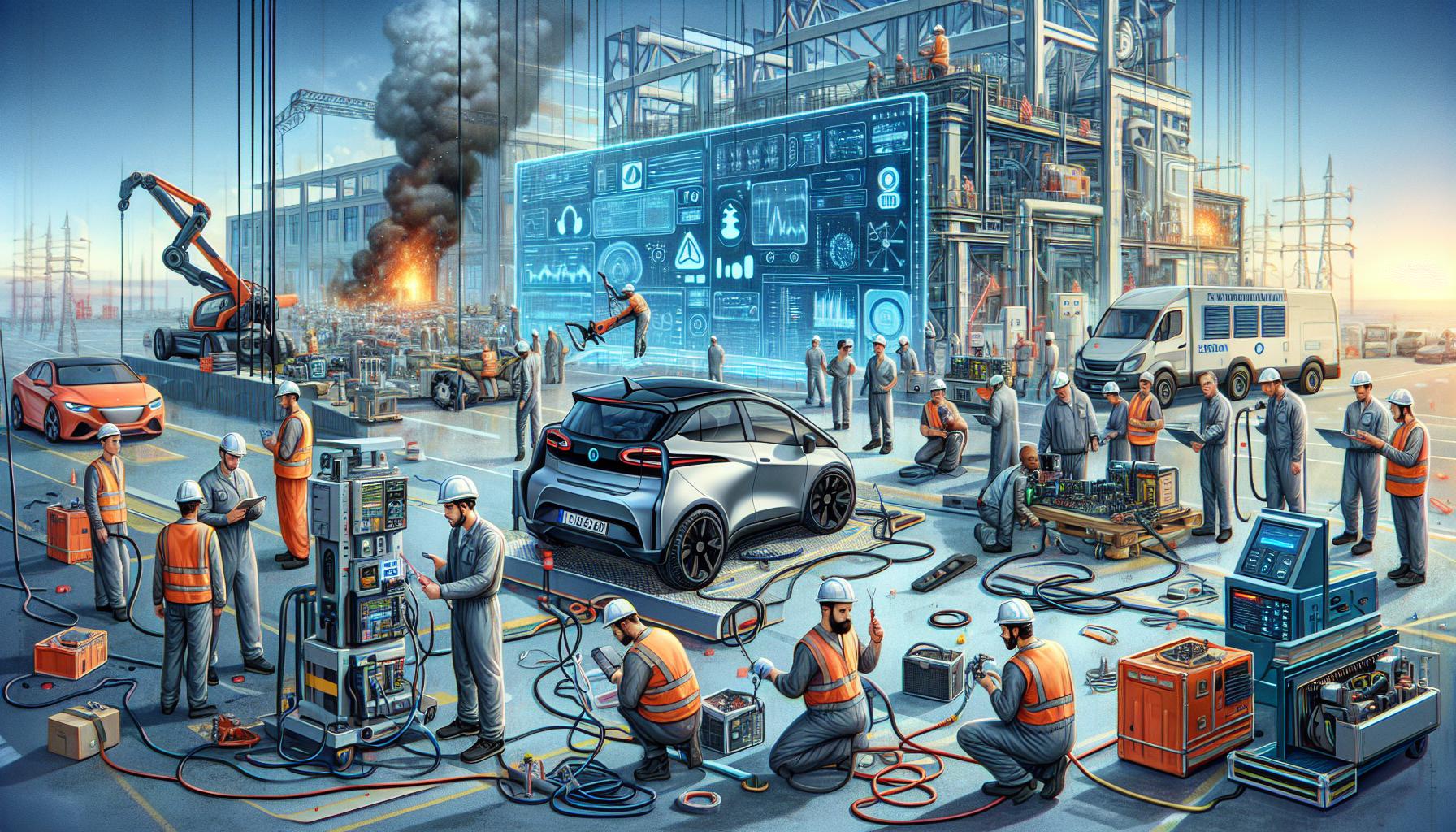DeepMind AI's Achievement in Table Tennis
Google's DeepMind AI has achieved a significant milestone by enabling robots to play table tennis at a level comparable to amateur human players. This development marks a breakthrough in the field of artificial intelligence and robotics, showcasing the potential of AI to master complex human tasks.
How DeepMind AI Works
The DeepMind lab, known for its advanced AI research, has developed a table tennis robot that can hold its own in competitive play. The robot was trained to understand the various elements of table tennis, such as motion physics and hand-eye coordination. Each type of shot, from backhand spins to forehand serves, was trained separately. This specialized training was then integrated into a high-level algorithm, allowing the robot to decide the best shot to play in real-time.
Performance Against Human Players
According to a recent paper by Google's researchers, the AI-powered robot played 29 matches against humans, winning 13 of them. The success rate of the robot varied depending on the skill level of the human opponents, ranging from beginners to advanced players. This accomplishment is highlighted as the first instance of a robot playing a sport at a human level, emphasizing a significant step forward in robot learning and control.
Challenges and Future Improvements
While the robot has demonstrated proficiency, it faces challenges, especially when dealing with faster shots. These require quicker decision-making abilities, which are currently being addressed by the research team. Future improvements will focus on making the robot's gameplay more unpredictable and enhancing its strategic learning capabilities, allowing it to better assess and counter its opponents' moves.
Table Tennis as a Learning Platform
Table tennis was chosen as the focus of this project due to its complexity, requiring both physical dexterity and strategic thinking. This makes it an ideal platform for testing and refining robotic capabilities. The ability of the robot to learn from human opponents and adapt its strategies is a testament to the potential of AI in developing real-world skills.
Implications for AI and Robotics
This advancement by DeepMind extends beyond table tennis, representing progress in the broader field of AI. The successful integration of advanced learning algorithms in a robotic system opens up possibilities for future applications in various real-world scenarios. As AI continues to evolve, its ability to perform complex tasks with human-level proficiency could revolutionize industries and daily life.
Source: Google's research paper on AI and Robotics, DeepMind Lab case studies.













